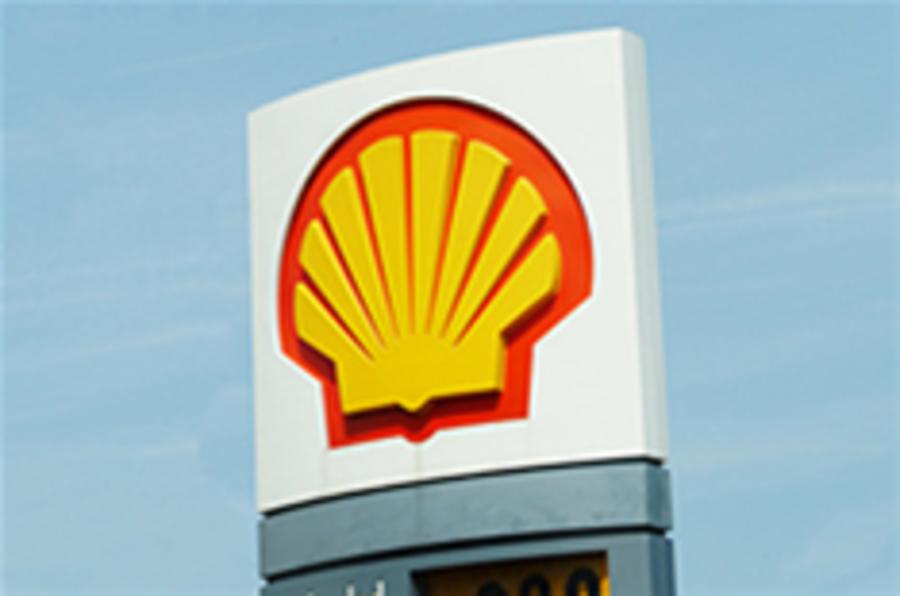More than 600 filling stations had no fuel to sell this morning as the tanker drivers' strike came to an end.
Reports of fuel shortages have come in from motorists across the country, but there was particular concern about the supply in the south-west and Welsh borders.
Some fuel station managers have responded to the panic by raising prices - one garage in Exwick, Devon, hiked its prices to £1.99 a litre, before backing down in the face of widespread criticism.
The tanker drivers, who are employed by Hoyer to deliver fuel to Shell's petrol stations, have been on strike since 6am on Friday because of a dispute over pay. They returned to work at 6am this morning.
Unite, the driver's union, has said it is hopeful about progress in the latest round of negotiations, having previously rejected a six per cent pay offer that the haulage companies claims would have taken a driver's salary to more than £41,000.
A second strike has been planned for this weekend.
The protests have so far remained peaceful, unlike in Spain, where a tanker driver was run over and killed while trying to stop a van from crossing a picket line.






Join the debate
Add your comment
Re: Fuel crisis: petrol hits £2 a litre
On a similar vein whatever happened to the methane powered car.
Imagine trying to get 45 miles on a packet of Turkey Twizzlers!
Re: Fuel crisis: petrol hits £2 a litre
No-one said that.
Likewise.
Where did I question the integrity or standing of the IEA's report or even that of the article? As I had seen neither the article or the report I simply asked some questions, that is all (sound familiar?), because just to say "the rising cost of fuel means people are driving less" seems too simple a stance to take. I've now seen the Telegraph article. It doesn't say how the drop is measured. Cash through the checkout, by volume, by footfall; so what makes my questions so unreasonable, in your opinion, loather?
Are you just too unpleasant a person to ask a striaght question or make a valid point? The "Nothing will change" remark was in view of attitudes to car and fuel use needing to change.
My basic point is still valid. If I travel along a motorway at 70mph dead, and the majority of traffic is going by me at a speed far in excess of the national speed limit, then those drivers clearly do not care about the cost of fuel at the pump, regardless of any historical comparissons you care to make. Those are the attitudes that need to change.
Re: Fuel crisis: petrol hits £2 a litre
I've not read either the report or the Telegraph article (can't get it to open, and can't be arsed to find it), but I would say that if it is drawing the conclusion that people are buying less fuel because of the cost at the pumps, based purely on year-on-year sales, then it is a little simplistic.
Does it take into account the growth in sales of diesel cars? Or even, generally, cars of greater efficiency? Does it take into account that people are/could be making fewer journeys generally for other economical reasons? Does it only cover private use or does it also cover commercial use? If it covers commercial, does it cover any potential swing away to international hauliers and their filling up abroad rather than in the UK? (I accept this is a cost consideration but in many more ways that just fuel costs)
As I've said in another thread, my experience on the roads is that by-and-large people don't seem to have changed their driving habits on the road, even if they are making fewer journeys, so I don't believe that the cost of a litre is too concentrating for many. A very good point made on TG last night. Not what you drive, just the way you drive it.
Nothing will change, unless people do. It will be a long wait.